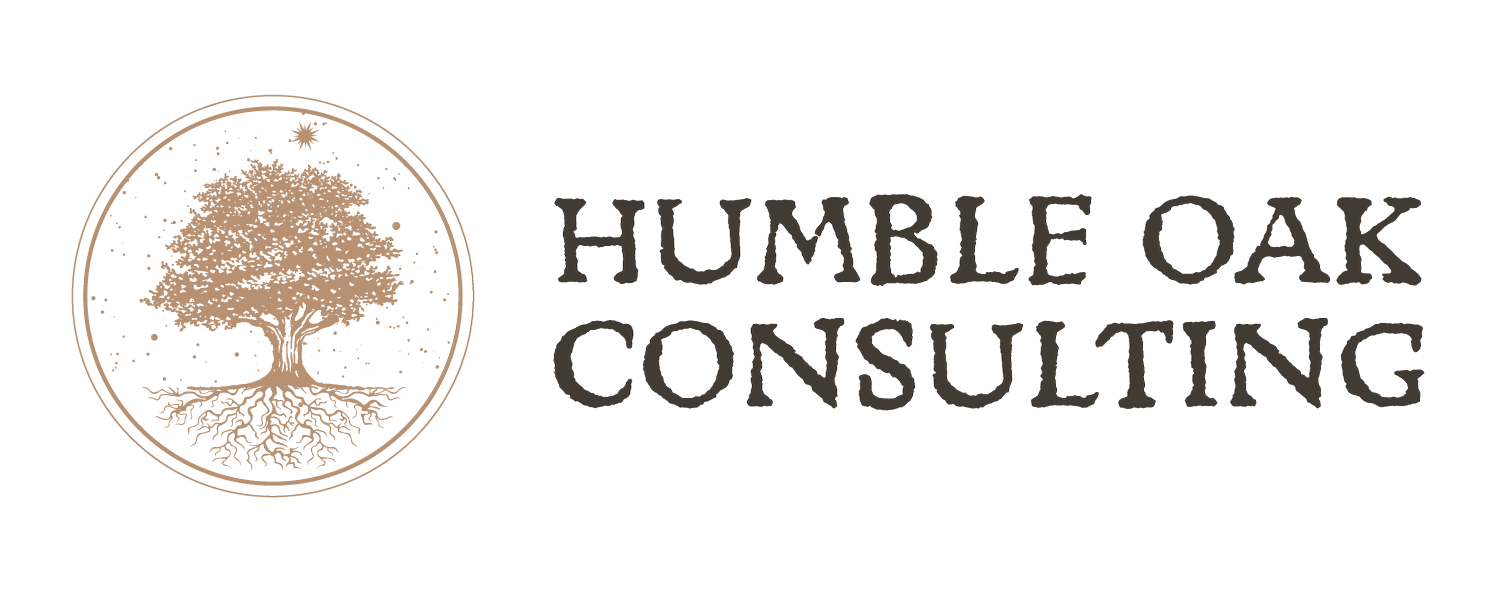5 Things to Look for When Searching for a DEI Consultant
Image Credit: entrepreneur.com
Diversity, Equity, and Inclusion (DEI) Consultants help companies with a whole range of things– from resetting after challenging incidents in the workplace to defining a communications strategy to mapping how DEI can be infused in every aspect of company culture. In today’s labor market, DEI not only lessens turnover and increases collaboration, but it actually helps companies attract values-driven people.
While DEI is important to any organization's growth and sustainability, finding the best consultant is half the battle. In all honesty, we'd love for you to work with Humble Oak for your DEI needs; however, we are most interested in informing companies who have not considered DEI for their workplaces into the conversation. Check out our five points below that we'd recommend considering when searching for your next DEI consultant.
1. What are your organization's needs?
If your organization is in search of a DEI Consultant, it's important to identify whether issues of diversity have been downplayed or ignored, or if the need is to get ahead of any potential workplace biases by engaging in the best practices for DEI. Make a list of your needs to make sure you are finding the best consultants for the job. If you are looking to address existing issues, you’ll want to find a firm that specializes in communications. If you are more seeking to bring DEI into the way your company works, you’ll want a firm with a strong background in designing learning experiences, and experience getting new programs off the ground.
Image Credit: mhahouston.org
2. What Social Identity best fits your workplace?
While this may be a challenging decision, it's important to consider the identities comprising your organization, and from whom they may best hear or receive the messages addressed. If your company is primarily white and male, will they receive messages from a BIPOC consultant? Conversely, if a BIPOC consultant is the only person of color speaking about their experiences, some participants may walk away feeling every person who looks like them identifies with that one person’s story. While remaining open is crucial to the DEI space, we must meet people where they are, and learn how to pour into their needs steadily and compassionately.
3. Are you comfortable sharing your organization's heaviest concerns with your consultant?
Let's face it, discussions about biases, microaggressions, and systemic inequity aren't easy. Therefore, the personality of your consultant should be welcoming, warm, affirming, and knowledgeable of how to support your needs. Beyond searching their website, review their external resources (blog posts, social media accounts, volunteer activities, and especially testimonials) to see if their values align with yours. We also suggest finding time to meet with prospective consultants to share what you’re really looking for with them.
4. Is the consultant able to build bridges?
Various positions in the workplace may view diversity and inclusion differently. CEOs may see DEI differently from Executive Assistants, but how does the consultant bridge this gap? Are they able to create connections and partnerships, regardless of the workplace status? When meeting with your consultants, be sure to share with them any gaps in perception you’re aware of, and ask them how they approach building connections across lines of difference.
Image Credit: shutterstock.com
5. Does the consultant you're researching spark joy?
We've all heard the phrase, "love at first sight," but when searching for your DEI consultant, do they bring "joy at first sight"? We've all gone to a webpage or social media page and immediately fallen for the visuals, but beyond the visuals, what is the company's website saying? Do they take a holistic approach to diversity, or are they more focused? Do they have testimonials from reputable companies? What's their background? When you leave your consultation with them, do you feel a sense of concern, or do you feel as though you are in good hands?
Believe it or not, the moment you find the answers to these questions, you'll know the exact consultant for the job!



